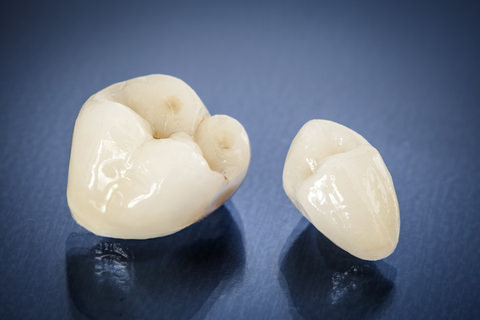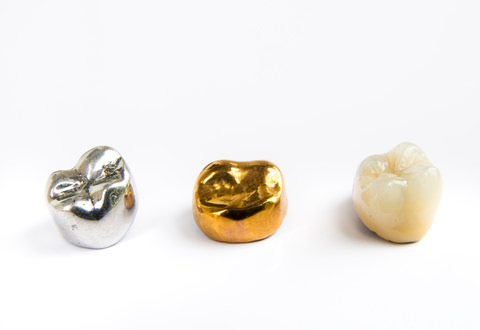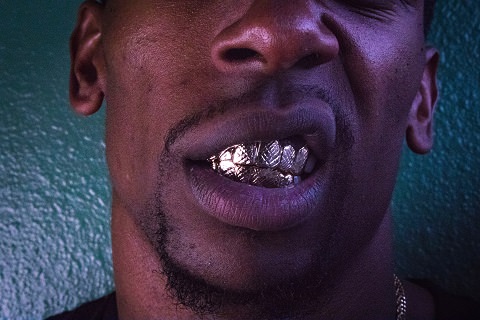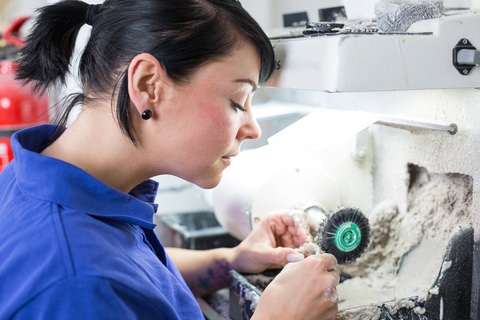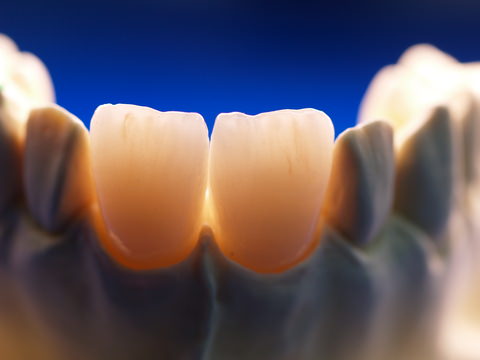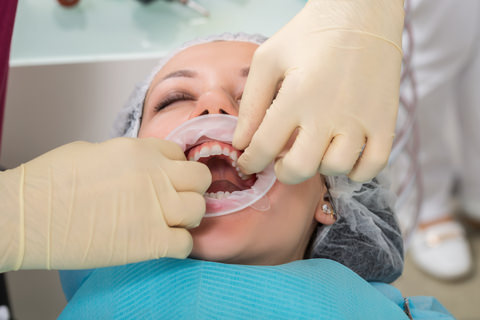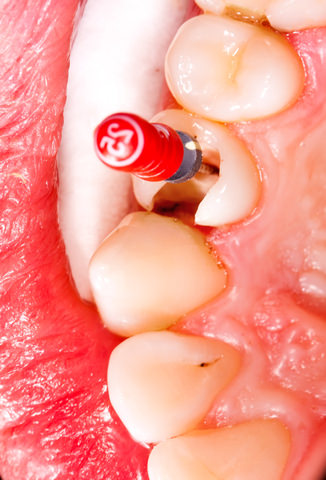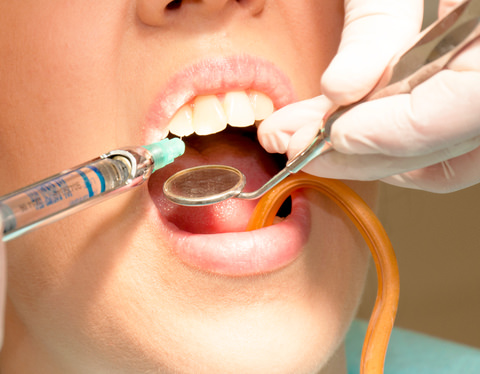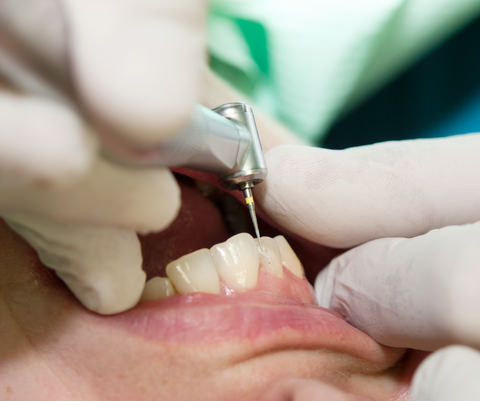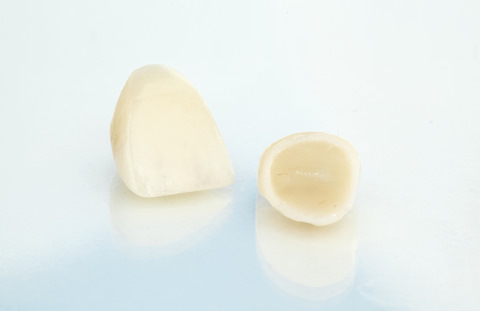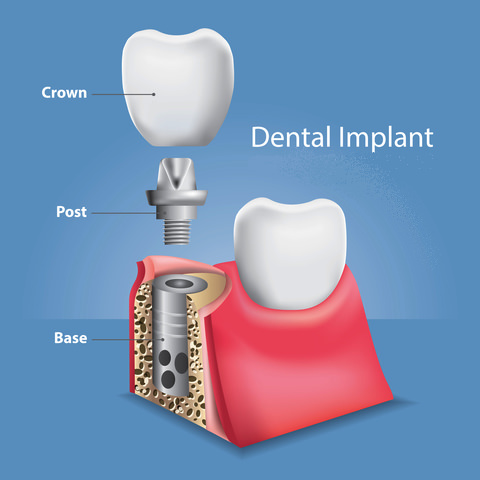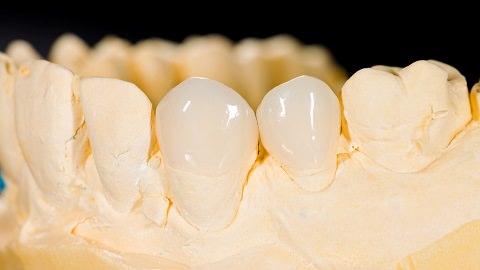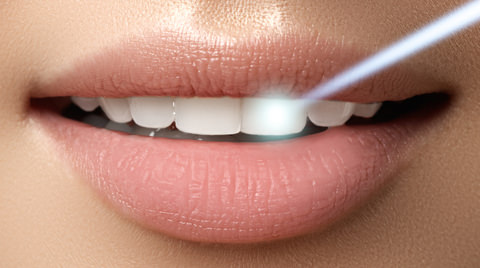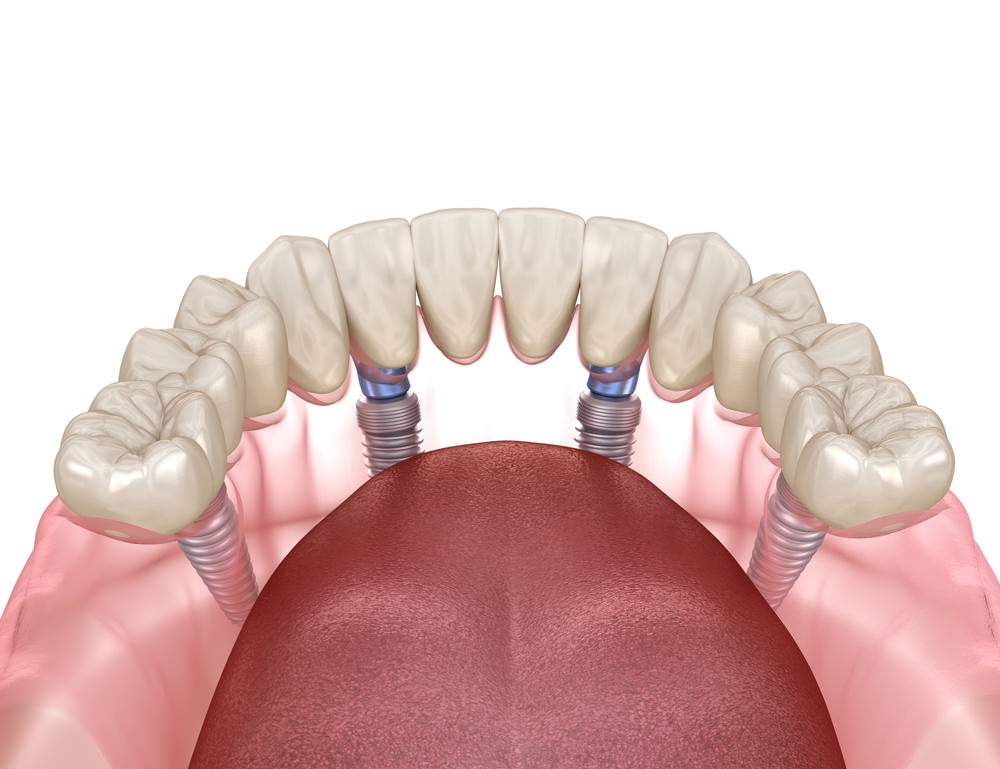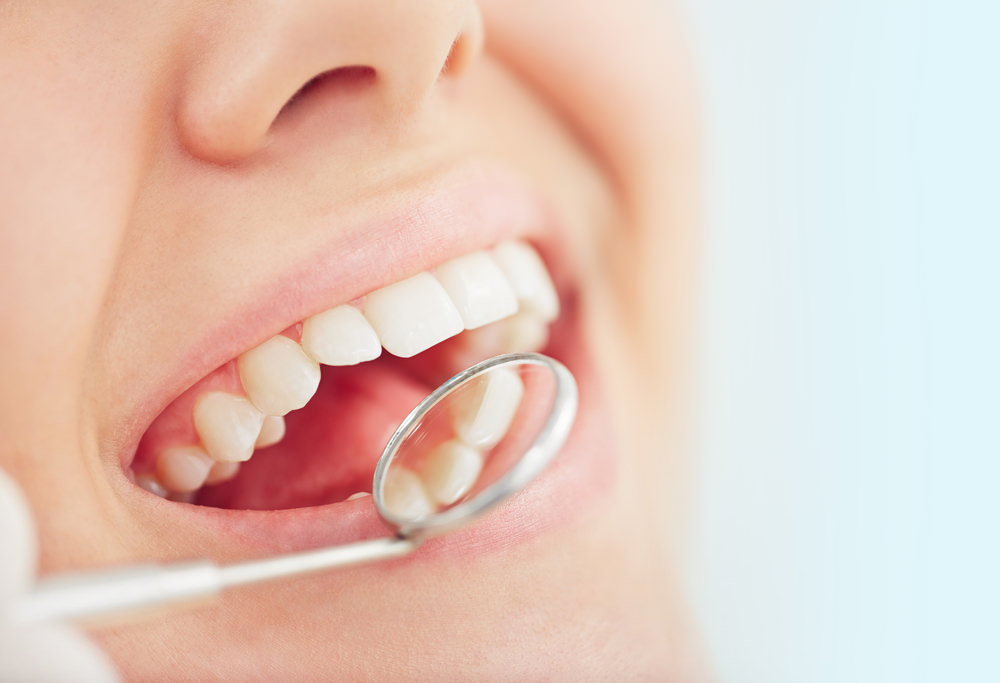Dental Crowns Covered: What You Need to Know
Dental crowns are the go-to option if you need cosmetic help in the dental department.
As they’re just one of the many cosmetic treatment options available, it can be hard to work out if a dental crown is right for you?
Crowns can make your natural teeth retain their integrity and strength.
Not only that, dental crowns look fantastic!
In this post, we’ll walk through the difference between crowns and the other types of dental improvements your dentist might offer you.
We will also dig a little deeper and cover everything you need to know about this popular, cosmetic dental treatment.
Let’s unveil the crown and jump into it!
Jump to Contents
- What is a Dental Crown?
- Why Would You Need a Crown?
- What are the Different Types?
- Crown Materials Explained
- What Happens When a Crown Falls out?
- Preparing For a Dental Crown
- How Long Will the Crown Fitting Take?
- How Long Will Your Dental Crown Last?
- Post Dental Crowns
- Dental Crown Maintenance
- Are Crowns Permanent?
- Removing a Crown: Is it Possible?
- Dental Crowns Vs Dental Implants
- Dental Crowns Vs Veneers
- Dental Crowns Vs Fillings
- Dental Crowns Vs Bonding
- Advantages of Dental Crowns
- Teeth Whitening and Crowns
- Cost of Dental Crowns
What is a Dental Crown?
The best way to describe a dental Crown is like the roof of your house or apartment building.
It completes the home and makes sure it covers you against the weather.
The only difference is, a crown will surround your entire tooth, similar to that of rendering on a building.
But wait a minute, isn’t that like a dental veneer?
Here’s the thing, veneers only cover the front part of your tooth and wrap around the top.
So you only get protection for the front part of your tooth.
- A chipped, cracked or fractured tooth.
- Tooth decay.
- Discolouration of your tooth.
- A nerve removed due to a root canal.
- A weak tooth that needs reinforcing.
- A cover for a dental implant.
- Supporting your dental bridge.
- Metal such as gold or platinum.
- Stainless steel, typically used on children’s teeth.
- Composite resin.
- Porcelain.
- Porcelain fused to gold.
- A combination of Porcelain and Zirconia.
- Zirconia and EMAX.
Crown Materials Explained
Without a doubt the strongest form of a crown is Gold.
They are incredibly durable and easy to mould, making them the number one choice for many dentists.
Unfortunately, the sight of gold is very “80s”, and most people who need a crown will prefer having porcelain over gold.
This option will not only give you durability but a beautiful finish so that your teeth may shine when you smile and not scare people away.
The only concern some dentists will have is that porcelain may chip or crack over time.
If you are looking for additional strength and aesthetic value, then a dental lab constructed crown material such as Zirconia or EMAX is an option for you.
Dental labs can make crowns so perfect in their shape and colour that they can easily be mistaken for your original teeth.
The technology it seems has paved the way for significant advancements in crown application and design.
If you are interested in finding out what goes on behind the scenes at a dental lab, we found a great post about a dental technician’s daily routine.
Materials Continued
When looking for a cheaper or temporary solution, a composite crown can be made by your dentist.
It should be highlighted that a lot of people think composite is the same quality as porcelain.
Unfortunately, this is not the case, and you must understand your expectation to the reality your dentist will try to make possible.
Communication and research are always worthwhile and recommended.
Your dentist should be able to provide a thorough account of what will happen and the reality of how it will look once completed.
Some dentists can use computers to provide you with visual glimpses of what could be.
Your dentist might even be able to design a temporary composite crown so you can feel and see a possible outcome.
Things to Remember
Depending on where you need a crown, you may be limited to the kinds of materials that your dentist can use.
This is because the force of your bite comes into play and dictates what your dentist will be able to provide.
If you require a crown for your front teeth then Composite, Porcelain or Zirconia may suffice.
Even a mixture of Porcelain on Zirconia is a great option producing a natural translucency and reflection of light.
This makes it look very similar to your existing teeth which are especially important for your front teeth.
As you go further to the back into your mouth, your molars will require a much stronger material.
Metal or even porcelain fused with a particular metal can be a great option.
The brute force from chewing food can really affect a crown so make sure you ask questions, listen to your dentist and choose wisely.
What Happens if a Dental Crown Falls Out?
The state of your tooth and whether it’s vital or dead is a significant factor here.
When your tooth is badly broken down, and there isn’t much structure left, your crown could fall out.
This is because there isn’t enough retention for the crown to take hold.
It can also depend on the bonding material which your dentist uses.
Your dentist must figure out why your crown is falling out and rectify the issue.
Below are a couple of ways your dentist can attach your crown better:
Damaged Beyond Repair
Once a tooth has progressed to the state of no return, so to speak, then there are not too many other options other than root canal therapy.
After root canal therapy, your dentist can look at putting metal posts down inside the canal and structuring the core for strength so that the crown can be supported and held in place.
You may be thinking we are referring to dental implants here, but it’s a different treatment altogether.
This option is similar to a dental implant, but in this case, your tooth is still present.
Dental implants are when you have lost the tooth, or the tooth has been taken out completely by your dentist.
- Stronger dental cement (which is a common bonding agent).
- Putting in retention grooves on your tooth for improved surface area.
Another reason why your crown might be falling out is due to your bite.
A lot of pressure or force on your crown when you bite down can be a factor why your crown has fallen out.
Here’s a good post providing 6 steps on what to do if your crown falls out.
Preparing for a Dental Crown: What your Dentist will do?
The number one thing for a dentist when fitting a crown is to make sure that all tooth decay has been eliminated, especially in the root surface.
If this doesn’t occur, then you will always have recurring decay after a crown has been put in over your tooth.
So the foundation must be stable just like anything in life.
Dentists will also try to preserve the nerve of your tooth because if it’s taken out, it will weaken your tooth gradually.
It is important to remember that if the nerve is damaged or it’s close to the work your dentist is doing, the nerve may still die resulting in a root canal therapy at a later stage.
You may need a filling before the crown is attached to strengthen your tooth internally.
After the initial preparation, it’s time to prepare the tooth to accept the crown.
This involves cutting the actual thickness of the tooth so the crown can be put on top and slot into position perfectly. It must line up correctly with your other teeth.
Your dentist will use instruments such as a diamond burr and a handpiece which is basically a drill. This allows them to shave off a part of your tooth so that the crown fits.
All sides of your tooth have to be completely parallel and at the right angulation when they are cutting.
The margin really has to be precise so the crown can fit in snugly, there mustn’t be any gaps between your tooth and the crown at self.
How Long Does Fitting a Dental Crown Take?
Each dentist will have their own timeframe for a dental crown, and this depends on how many years they’ve been a dentist.
A dentist with 30 years experience will be able to complete a dental crown much quicker than someone who has just come out of university.
You’ll find that a dentist with many years of experience doing dental crowns it will become second nature to them they know what they need to do; almost like it’s instinct.
Are Dental Crowns Permanent?
Nothing in dentistry is permanent.
Dentists will buy you time and find a solution that is reflective of your budget as well as your expectation.
As mentioned above, lifestyle factors such as smoking and drinking alcohol, as well as a sugary diet, play a crucial role in how long you keep your teeth.
Dental improvements such as crowns also fall into this category.
The good news is that dental crowns are probably the most robust cosmetic improvement that you can make to your teeth.
Crowns can bring a lot of satisfaction and self-confidence into your life.
So I Need to Remove a Dental Crown, is it Possible?
Your dentist won’t be phased when trying to remove a crown; it is a pretty easy task for them.
I usually cut the crown in half and lever it off carefully and gently from each side.
It’s crucial that the underlying tooth is left intact and not damaged in this process.
Dental Crown vs Dental Implant – What is the Difference?
A dental implant is divided into two parts; the implant itself which goes down into your jawbone and then once that’s in place a crown is attached to the top of the implant.
So these two cosmetic treatments compliment each other when required.
Your dentist should explain the two different procedures for you.
They’ll also discuss whether the root of your tooth is strong enough to support a crown or whether it is beneficial in the long run to have a dental implant.
Remember a dental implant is used to replace your whole tooth.
A dental crown, on the other hand, will provide additional strength and support to your existing tooth.
Dental Crowns vs Veneers
Veneers are usually used for the front teeth and when your teeth are in good condition and are healthy with little or no decay evident.
Veneers lap over the top of your teeth, and they provide additional aesthetic value to your smile.
You’ll find that dental crowns are a last resort and there a few options such as veneers that can be opted for before you get to that stage of needing a crown.
Dental Crowns vs Fillings
It depends on the state of your tooth and how much decay exists.
In some cases putting a simple filling on a tooth such as a composite resin can do more damage to your tooth.
How is this possible?
Well, it all comes down to old fashion wear and tear over the long run.
In the case of a dental crown, the quality of the materials used and the design-build will protect your tooth much better over the long haul than a filling will.
An Example
Let us say you have a filling that is cracked, but you haven’t realised yet that it’s damaged.
It goes on for some time, creating nasty bacteria within your tooth and creating decay underneath that filling. It is likely you’ll lose that tooth entirely if left untreated.
With a crown on the other hand due to the relative thickness of it, it protects your natural teeth for a much more extended period of time. The next time you visit the dentist they’ll be able to pick up deterioration which has occurred and time will be on your side before any significant damage occurs.
We mention this so that you have a complete picture of the options and choices that you need to think about when opting for any dental treatment. The information a dentist gives you will ultimately cost you money, so it’s essential you get the right information upfront.
Dental Bonding vs Crowns
Bonding is also referred to as a composite. Most dentists can construct composite in their surgery, making them a useful and versatile option for many different uses.
Composite or bonding is mostly used as a temporary fix or cheaper alternative to a dental issue.
A lot of dentists will use composite in the interim while a dental crown is being constructed in a dental laboratory.
The Advantages of Dental Crowns
The first two main advantages are protection and strength.
Once correctly in place, your crown will stop wear and tear on that particular tooth or teeth and support forces being felt on adjacent teeth.
A crown also protects your tooth from fracturing and decay.
A final advantage is how they look. If done correctly, your smile will be enhanced, and you will feel amazing.
Teeth Whitening and Dental Crowns – Is it Possible?
Yes, you can have your natural teeth whitened when you have dental crowns.
The only aspect to think about is whether after your teeth whitening procedure, will your dental crown stand out?
The shade of your crown might be darker than your original, bleached teeth, so that’s something to think about.
It won’t affect your crown as it’s stain-resistant, but it will probably highlight the fact that you’re crown is a different colour to the rest of your teeth.
If this occurs an option you have is to replace the crown.
However, you can be lucky as it can blend in quite nicely with your other teeth that are bleached if you opt for a whiter crown in the first place.
Cost of Dental Crowns – Things to Consider
A lot of people think that dental crowns are expensive.
But when you considered keeping your natural teeth and protecting, crowns are an excellent dental cosmetic treatment that is financially viable.
Costs for Crowns do vary and it depends on which dentist you choose and where you live. Some states in Australia seem to be more affordable than others.
On average dental Crowns can range from $1000 to $3000 per crown.
Our Dental Cost Calculator helps you find what the average cost is for any dental treatment in your state or territory.
Simply select your state and search either by treatment, symptom or item code.
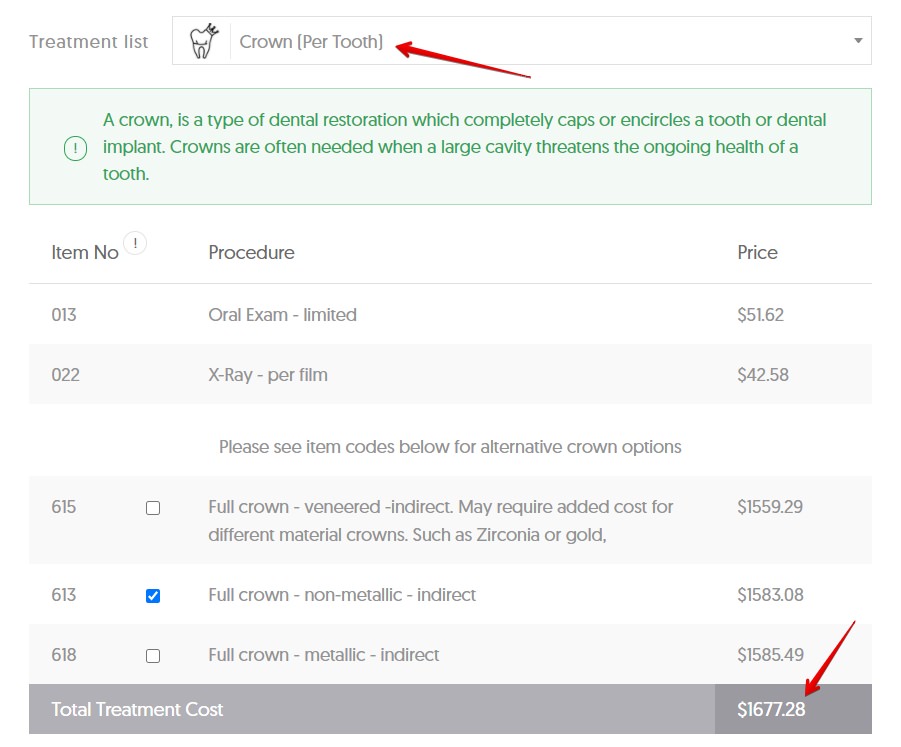
The average cost of a Dental Crown in NSW – Dental Aware Cost Calculator
If you compare it to the cost of a dental implant where you’re looking at $5,000 to $6,000 per implant, crowns offer exceptional value for money.
The wonderful thing about dental crowns is that you’re able to keep your natural teeth which is the best outcome for any dental work that is done.
Any treatment that you decide on comes with its own set of problems.
Dental implants are a great cosmetic dental option, but they do have teething problems (forgive the pun!).
Conclusion
If you are looking at getting some cosmetic dental work done and would love to keep your teeth, then a dental crown could be your answer.
If you’re worried about the cost, there are a few different options available to you within the dental crown range.
From Composite to Zirconia, there should be one that will fit within your budget.
Just like anything in life if you look after something it will most likely last.
Reducing or removing such things as smoking, drinking too much alcohol and sugary foods can increase the life of your crowns.
Dental crowns give you the opportunity to keep your teeth.
If this is something that’s important to you, dental crowns are most likely something you should seriously consider.
Do you have a story to tell about dental crowns?
By Dr. V
Created at June 06, 2018, Updated at January 25, 2025



